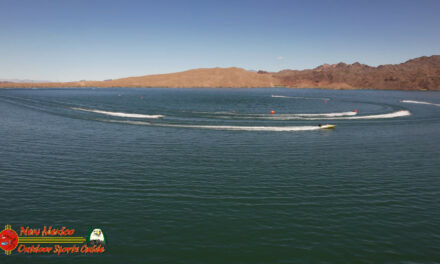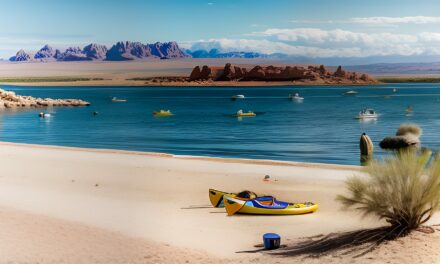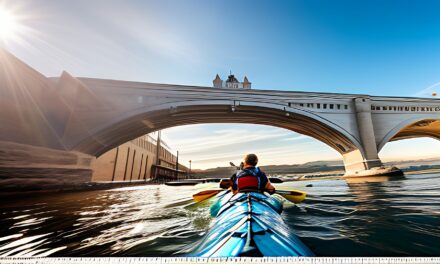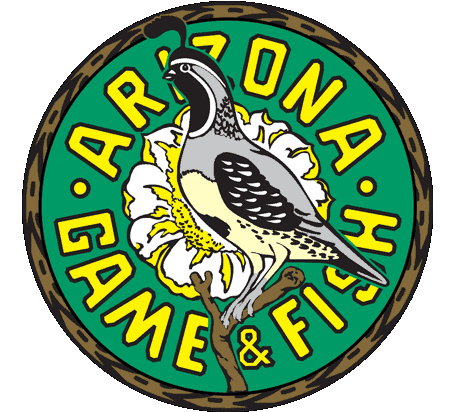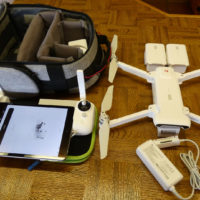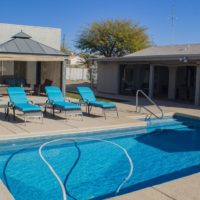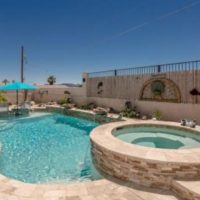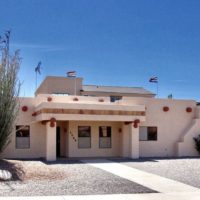School Encourages Learning Through Outdoor Exploration – Lake Havasu
CORPUS CHRISTI, Texas — Children at Weldon Smith Elementary are excited about learning, thanks to a new program that harnesses the power of nature and the outdoors. “Camp Free to Read” is the school’s newest initiative to motivate kids to read-and it’s working.
The program has several objectives– it aims to provide an exciting environment designed to motivate students to read, integrate technology into different subject areas as students produce products related to their state parks and involve parents in the reading process through a “Family Camp Out Night.”
“We needed a way to put some excitement into our reading program,” said Jenitta Rupp, principal at Smith Elementary. “We selected camping and state parks as our theme to encourage them to read.”
As visitors enter Smith Elementary, they might do a double take and ask if they have mistakenly stepped on to a campground. That’s because the school has created an atmosphere very similar to that of Texas state parks in order to set an encouraging mood for the children to learn.
Each student at Smith Elementary has been assigned a campsite. Each time a student advances in level, a new park-related item is added to their individual campsite. These campsites can be found posted on the walls of the school and, depending on the reading level they have achieved, may include a tent, canoe, campfire, trees or other state park-related artifacts.
The campsite at each grade level emulates a specific state park in the region. Pre-kindergarten and kindergarteners will study Lake Corpus Christi, first-graders will study Mustang Island and second-graders will study Goose Island. Also, third-graders will study Padre Island National Seashore, fourth-graders will study Goliad State Park and fifth-graders will study Choke Canyon State Park.
“These kids are really reading,” Rupp said. “They are going to start learning a lot more through research from the Internet, writing letters, and utilizing information through math, science and social studies.”
Information about park lakes, fish and animals related to the student’s state park is being gathered to use in pamphlets, brochures, research papers and power point presentations the students will produce about their respective parks.
At the end of the year, the students will get the opportunity to visit the state park they have been learning about. Students will also receive certificates and Junior Ranger badges from the Texas Parks and Wildlife Department upon completion of the program.
After the school came up with the idea to use state parks as learning vehicles, they worked with TPWD Aquatic Education Specialist Christina Conner to flesh out the details. She is helping develop projects for each grade level, including use of TPWD’s mammal trunk and coastal trunk and the agency’s Junior Angler, Reel Kids, and Outdoor Kids programs.
For more on outdoor learning options, teachers or parents may contact the TPWD Education and Outreach branch at 512-389-4942. – Lake Havasu



